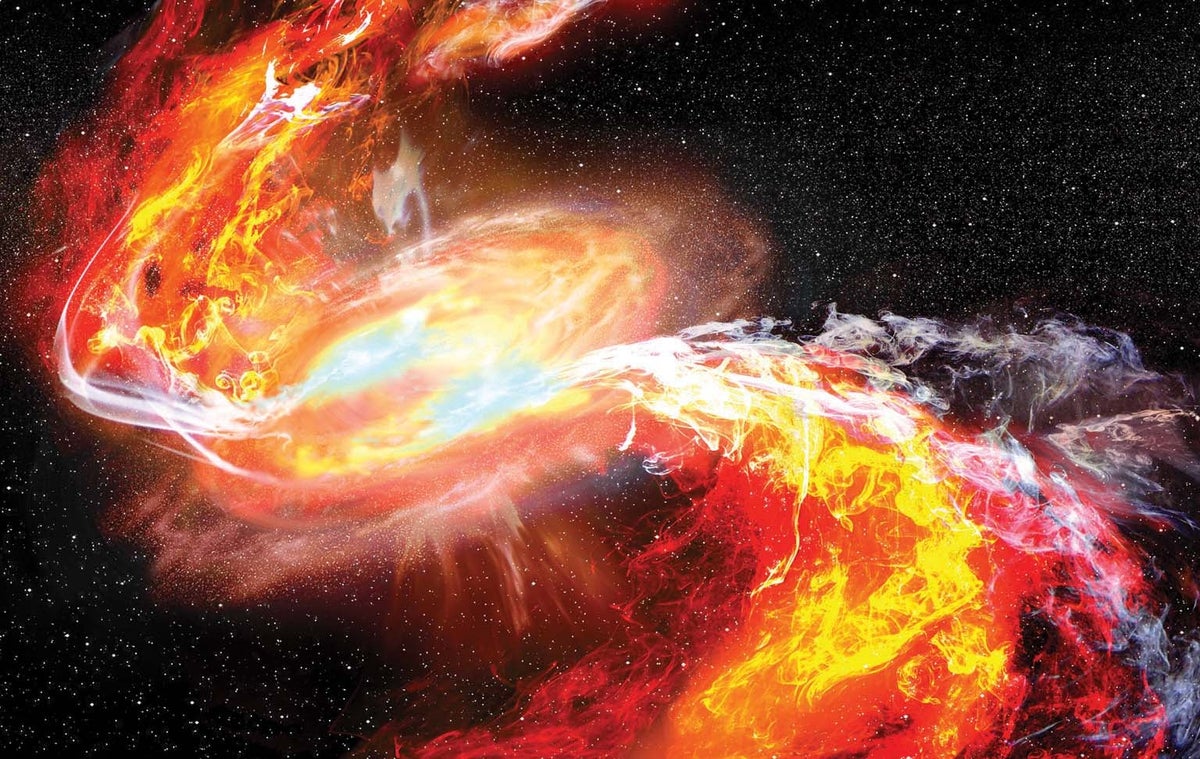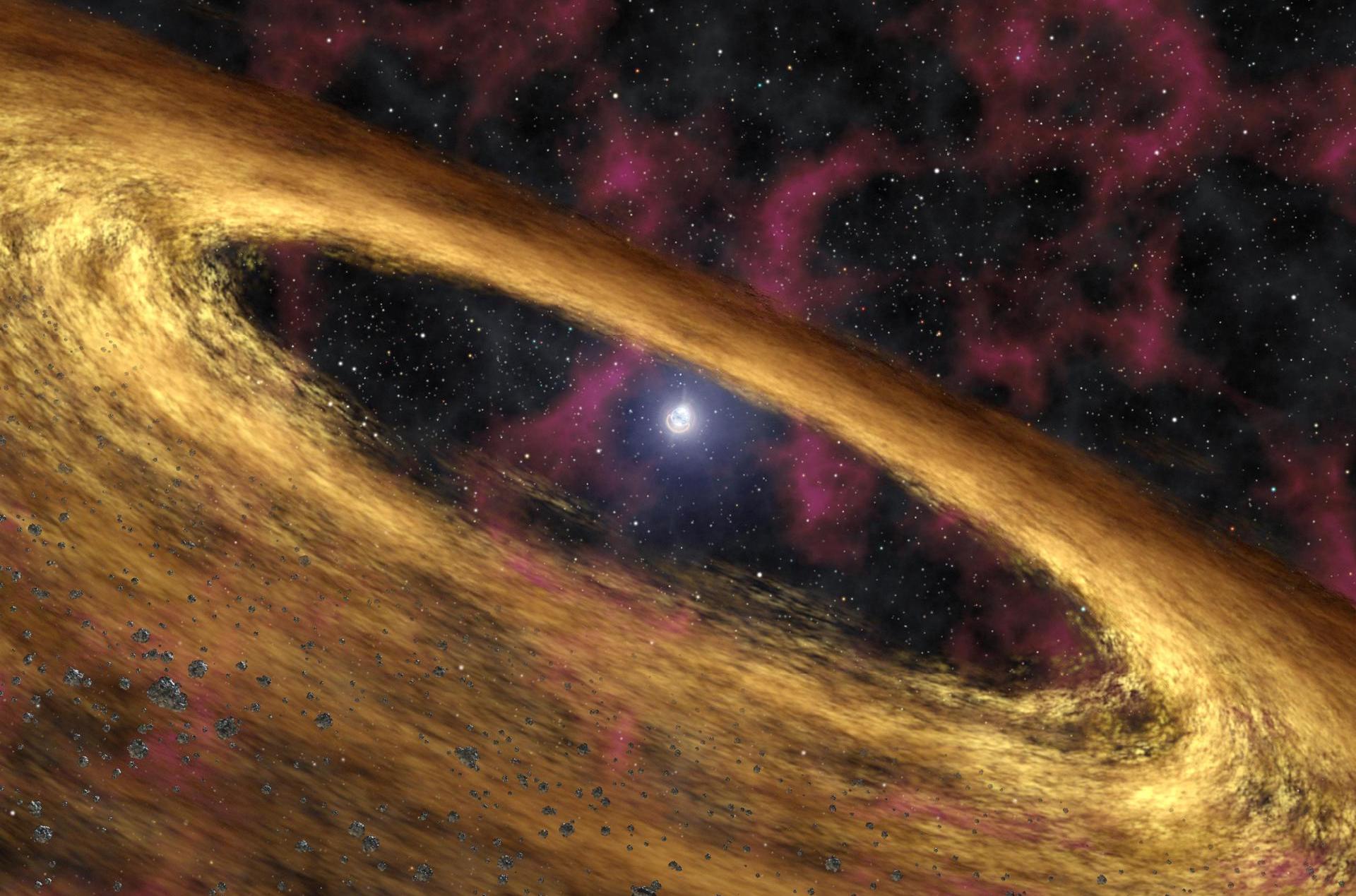Theory posits that white dwarfs accumulate large amounts of the weapons-grade element over their lifetimes

A thermonuclear bomb might be ticking deep in the cores of some dead stars. A new theoretical study traces out how certain stellar corpses known as white dwarfs could accumulate a critical mass of uranium that would trigger a massive supernova explosion.

The findings could yield insights into the destruction habits of white dwarfs, which are responsible for creating heavy elements like iron and nickel. White dwarf supernovae light up their surroundings with the power of 5 billion Suns, and astronomers have used them as “standard candles” to measure vast distances across the cosmos. But such blasts are still not entirely understood, and the new study could account for certain, anomalously dim observations of this type of supernovae.

“It’s a fun result,” says astrophysicist Pier-Emmanuel Tremblay of the University of Warwick, who was not involved in the work.
At the end of their lifetimes, stars up to 10 times more massive than our Sun puff up and shed their outer layers. This leaves behind a searingly hot, Earth-size core composed almost entirely of naked atomic nuclei and free electrons.
Certain quantum mechanical properties of the electrons prevent them from being further squeezed together, allowing them to hold the dense entity up. This remnant object, called a white dwarf, begins to cool, eventually freezing into a gigantic solid crystal over billions of years.

The heaviest elements freeze out first, settling like sediments into the center of the dead star. That got theoretical physicist Matt Caplan of Illinois State University and his colleagues wondering: Could uranium, one of the heaviest elements on the periodic table, accumulate inside a white dwarf?
Uranium-235, a rare isotope of the element, can spontaneously split, releasing neutrons and energy. If there is a critical mass of the isotope nearby, the neutrons strike other uranium-235 nuclei in a chain reaction that leads to a powerful blast.
“It’s a crazy idea,” Caplan admits. “It was a bunch of bored theoretical physicists during the pandemic thinking about this weird problem.”

White dwarfs are mainly carbon and oxygen; only a mere one part per trillion is uranium. Yet Caplan and his co-author, nuclear astrophysicist Chuck Horowitz of Indiana University, Bloomington, have calculated that grain of sand–size flakes containing uranium, thorium, and lead could precipitate out within the first few hundred million years as a white dwarf cooled.
Concentrations of uranium-235 inside these crystals would be alarmingly high. “Suddenly instead of being one in a trillion nuclei, you have one in 10,” Caplan says. “And that means you could have a bomb.”
If the uranium ever reached critical mass, it would spontaneously blow up—and ignite the white dwarf’s carbon and oxygen reserves, resulting in a cataclysmic supernova explosion. The findings appeared on the preprint server arXiv this month and have been accepted for publication in Physical Review Letters.
For now, the scenario remains hypothetical. Caplan hopes other researchers will be able to test the theory with powerful computer simulations of supernovae. Such work could also clue astronomers into how to spot such paroxysms.
Still, not much is known about the internal composition of white dwarfs, so it’s unclear whether they contain enough uranium-235 to trigger an explosion, Tremblay says.
“I think the physics is very interesting,” he says. “But we must ask ourselves whether this has happened or will happen.”